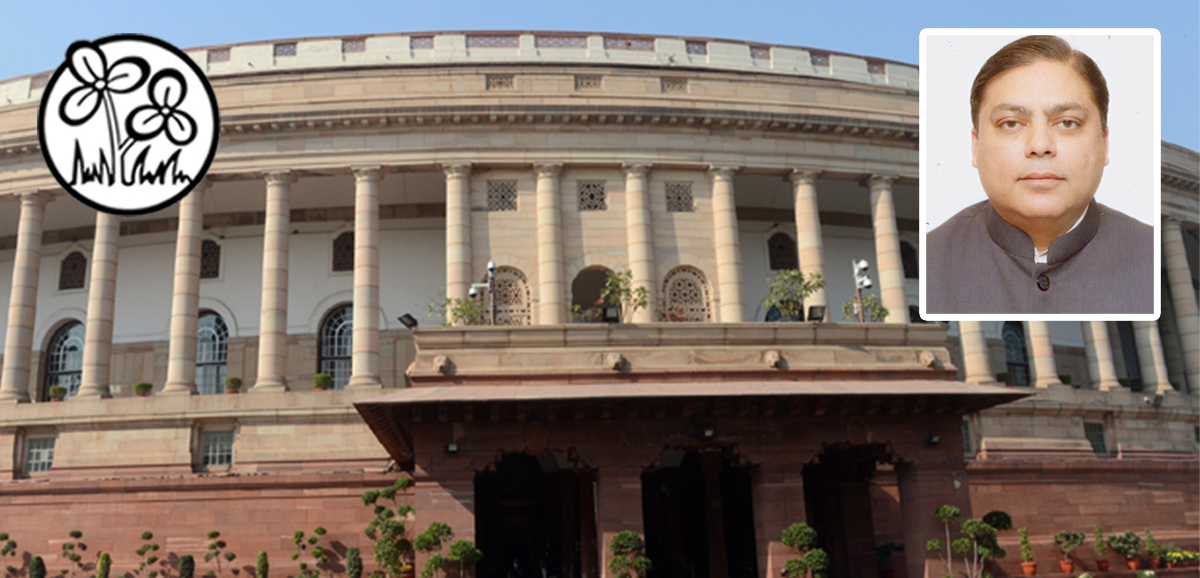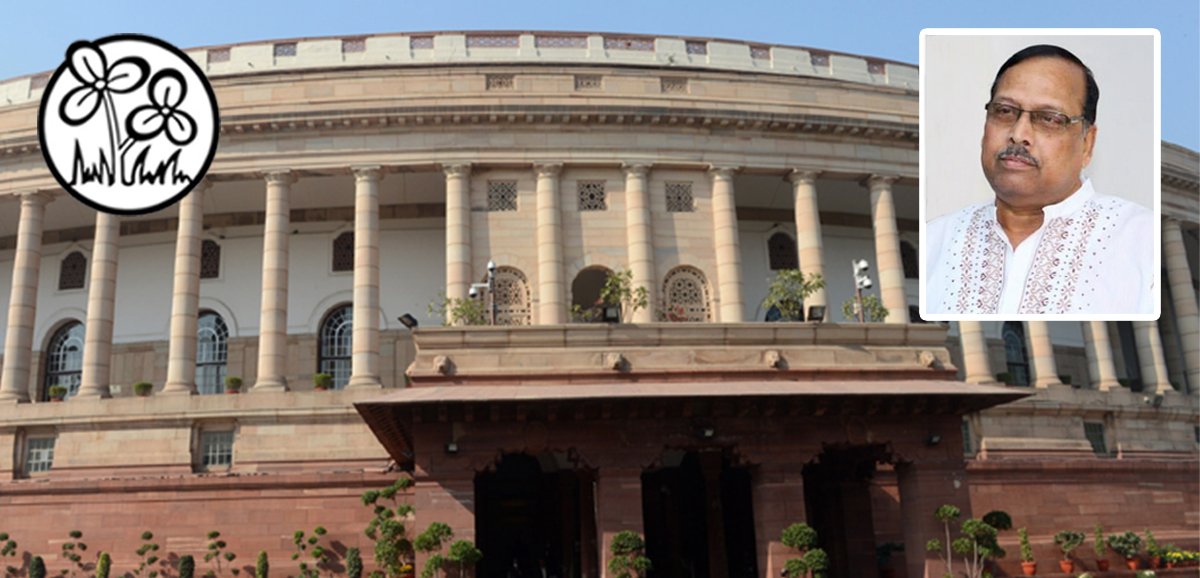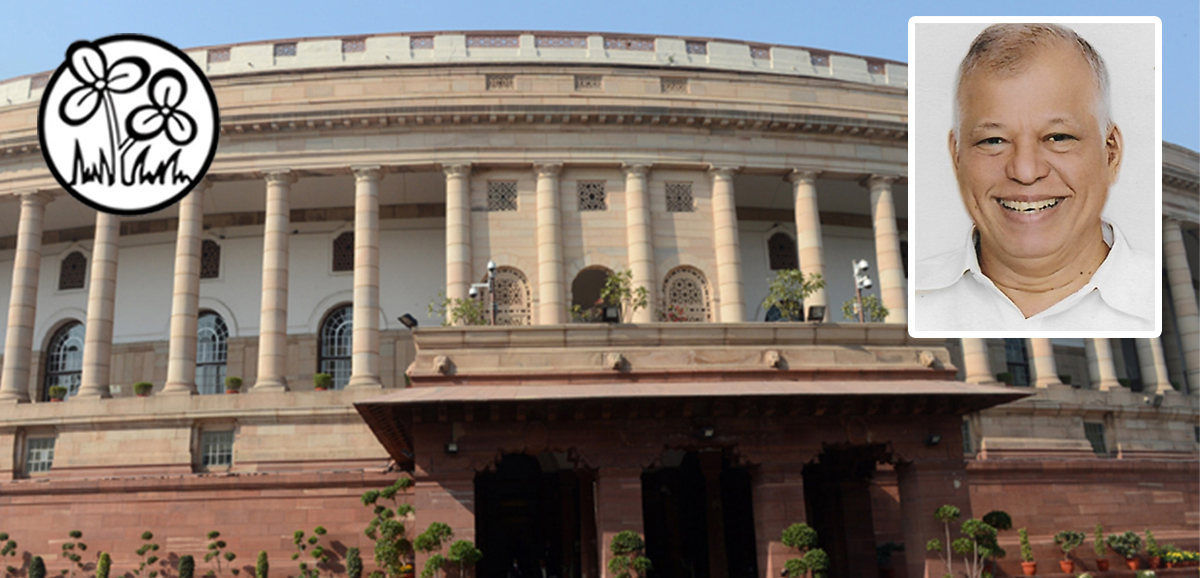Thank you, Sir, and, Good afternoon to one and all. Sir, through you, I would like to put forward certain important
points for kind consideration of our learned Minister, and, I propose these points to be incorporated or accommodated or considered for effective implementation of this Bill. Sir, as we all know, WADA, that is, the World Anti-Doping Agency, was formed in 1990 under the International Olympic Committee. Then, WADA considered that there should be a doping agency in each and every country, and, accordingly, NADA was formed in November, 2009 and it was registered as a society under the Societies Registration Act. After that, it was felt that as there was no legislation, certain decisions taken by this agency could be taken to court by some of the parties. So, there was a
need for legislation, and, accordingly, it was proposed by the Standing Committee in 2020, and, thereafter, it has been converted into a statutory body. Sir, there are certain drawbacks of this Act. Firstly, there is a provision
of Director General of NADA but his qualifications are not yet mentioned in the Bill. Secondly, it has been mentioned categorically in the Bill that the Government may remove the Director General at any point of time from the
office ‘on such grounds’ but those ‘grounds’ have not been mentioned in this Bill. Thirdly, it has been mentioned that the term for Director General would be three years but it might be extended subject to the decision taken by the Government of India. There is a clear cut meaning that Director General will be bound to work as per the directives of the Government of India and he will be unable to work independently. Also, Sir, there is a provision of National Board, and, within the National Board, there is a provision of Disciplinary Panel. If there is a case of doping, this Disciplinary Panel can take the decision so far as punishment is concerned. There is also a provision for the Appeal Panel. If that particular athlete feels that injustice has been done to him, he can go to that Appeal Panel. Unfortunately, it has been mentioned that the Board can remove the members of this panel at any point of time and even they might not be given any chance of being heard. Here lies the question once again so far as independence of the authority is concerned. Sir, as far as qualifications of its members are concerned, WADA has categorically mentioned that there should be specific guidelines for the qualification but this aspect is missing in the existing Bill. In Clause 11(2) and Clause 11(5) of this Bill, it is mentioned that the Disciplinary Panel will consist of one Chairperson and four Vice-Chairpersons and it has been mentioned that in the absence of the Chairperson, one Vice-Chairperson will take the lead role. But who will be this ‘one Vice-chairperson’ out of the four has not been mentioned clearly. There are certain Standing Committee recommendations. Number one, Selection and Appointment mechanism should be clear and transparent. Number two, there should be clear cut discrimination between major and minor athletes and physically challenged athletes. Specific SOP are needed regarding the therapeutic use exemptions. There is much confusion and even an athlete does not know whether he can take a simple paracetamol or not. So, there should be adequate awareness as well. Penalty of an athlete should be proportionate to the amount of the offence done by that athlete. After the period of his punishment, he should be once again entitled to participate in each and every competition so far as medals and other things are concerned because we know that the duration of any athlete is very short. My next point is regarding the dope testing laboratory. It was very unfortunate to note that the only laboratory in India was banned for nearly one year. There are 29 accredited laboratories in the world while Asia is having six laboratories. Our suggestion is that each State should have one laboratory. Sir, I sincerely endorse the statement made by my Congress colleague that we should give our best possible effort to have one unit in our country instead of having it in Switzerland, and, if not possible, at
least, have it in Asia.Sir, there is another confusion regarding ‘athlete support personnel’. Who are the persons to be considered as ‘athlete support personnel’? It needs to be mentioned clearly in the Bill. My humble submission before the learned Minister will be this. We should look into it, so that these bodies and these organisations can act
neutrally and independently and they are not directly governed by the Government of India. We have had enough discussion regarding Khelo India. I believe some day there will be enough discussion on and thereafter in the country there will be khela hobe. We are waiting for that.I strongly contradict the statement made by my BJP colleague who said that the MCI was corrupt and for the same the NMC was formed. I can cite several examples where NMC is being accused of so many irregularities. I strongly contradict him. Last but not the least, I believe our Minister will take necessary steps so that this organization can work independently.






